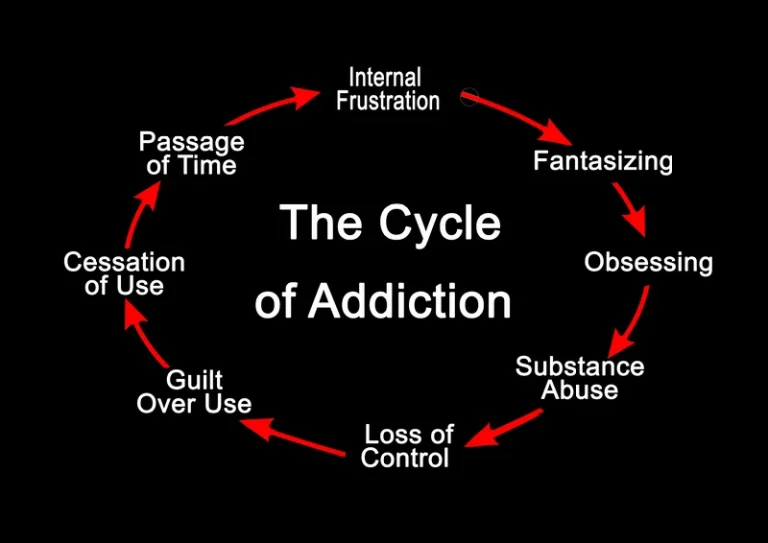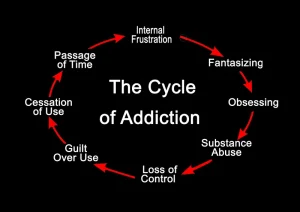
Alcohol use during pregnancy can cause miscarriage, stillbirth, and a range of lifelong birth defects and developmental disabilities. Drinking alcohol during pregnancy is the leading known cause of birth defects. Because the amount or pattern of drinking alcohol required to cause fetal alcohol syndrome is unknown, pregnant women are advised to abstain is it safe to drink alcohol while pregnant from drinking any alcohol. Patient education regarding maternal and neonatal complications of substance use in pregnancy is essential. For women with OUD, initiating medication-assisted treatment before pregnancy is a recommended public health approach. The second systematic review was completed by researchers from the Cochrane Collaboration.

Need help now? Contact our free 24/7 addiction treatment helpline

The baby’s brain is developing throughout pregnancy and can be affected by exposure to alcohol at any time. This increases the risk of miscarriage, stillbirth, and baby growing and developing slower than expected. For women needing referral for treatment of substance use in pregnancy, the ideal is to offer collaborative care with addiction, mental health, and social services. Where appropriate, the woman’s partner should be involved in treatment and referred for intervention if needed. According to a study published in the Journal of Substance Abuse, treatment outcomes are significantly improved for those enrolled in comprehensive residential substance abuse treatment programs for pregnant women and new mothers. It is possible to get help at drug rehab and save two lives in the process.

Effects of Alcohol on a Developing Fetus
Bath salts refers to a group of synthetic drugs made from various substances that resemble amphetamine. These drugs are being increasingly used during pregnancy.Bath salts refers to a group of synthetic drugs made from various substances that resemble amphetamine. Birth defects of the heart, brain, and face are more common among babies of women who smoke cigarettes. Caffeine, which is contained in coffee, tea, some https://ecosoberhouse.com/ sodas, or other beverages, chocolate, and some medications, is a stimulant that readily crosses the placenta to the fetus. Early Intervention Services like speech therapy or physical therapy can address any delays a child may be demonstrating.
- As previously mentioned, marijuana exposure during human prenatal development appears to affect ‘higher order’ facets of learning and memory.
- Getting help for addiction as early as possible in the pregnancy is beneficial to both mother and child.
- These findings bolster the clinical evidence that prenatal nicotine exposure alters long-term learning and memory function.
- Getting into addiction treatment can help you learn healthy ways to address some of these risk factors.
4. Effects of Alcohol and Drugs of Abuse Exposure on Fetal Nutritional Status
Prenatal exposure to opiates thus causes long-lasting alterations in growth, cognition, and motor and visual abilities. Although evidence suggests that any treatment for opiate addiction improves maternal and fetal outcomes, each form of medical treatment brings their own risks. The gold standard, methadone, has good patient retention but causes a more pronounced neonatal abstinence syndrome whereas buprenorphine has higher abuse potential but causes a shorter, less severe neonatal abstinence syndrome. Both of these mu opioid receptor agonists may alter developmental trajectory and negatively impact cognition. The increasing use of opioid antagonist (naltrexone) depot formulations to treat opioid addiction will bring more cases of fetal exposure to naltrexone and an increased risk of opioid overdose and relapse during pregnancy.

SUD is a medical condition, not a moral failing, and punitive attitudes can negatively impact maternal and neonatal outcomes. Women with SUD who feel stigmatized may avoid continuing essential prenatal care. Prenatal exposure to alcohol, tobacco, and marijuana has become drug addiction treatment increasingly common. In addition, there has been a fourfold increase in the number of opioid-exposed pregnancies. Prenatal exposure to alcohol and other substances may have an adverse impact on a developing fetus. Since pregnant women may be reluctant to disclose their use or may not appreciate the potential for harm, early identification is desirable.
